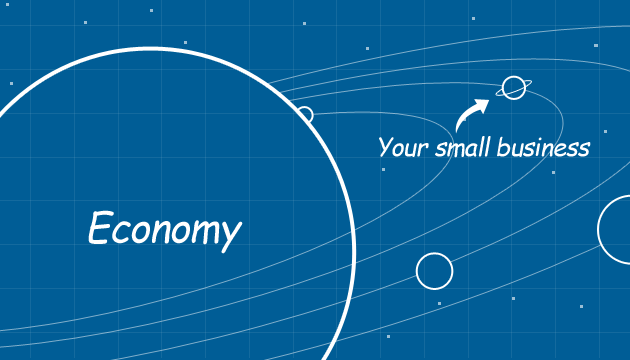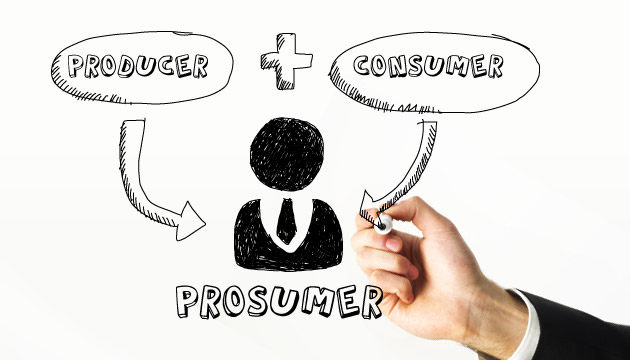Many feel like technology has taken over their lives. No doubt, technological advancement and high penetration rates for smartphones and tablets have changed the way we interact, think, and do business. But, is “taking over” really the right term to use? I believe not. I actually think saying that technology has “taken over” is anachronistic. The so-called physical and digital worlds do not exist in different spheres. There isn’t a battle between them of which will control our reality. The physical world we all live in is still physical even when technology in general and digitalization particular have been integrated in to it.
I decided to write about the matter after reading a recent report published by McKinsey and Company. The report proposes that a vast majority of business processes nowadays are done digitally—so much so that there is a second economy, which differs from the physical economy by being completely digital. The author, W. Brian Arthur, describes this second economy as being “vast, silent, connected, unseen, and autonomous. It is remotely executing and global, always on, and endlessly configurable. Everything in it happens in parallel and increasingly it is also self-organizing, self-architecting, and self-healing.” He states that the second economy, which exists in all advanced economies, is quickly taking over the physical economy and will surpass it in size in two decades.
The author uses the metaphor of the aspen tree roots to explain how the digital and physical economies are connected and yet are still somewhat separate. According to him, for every acre of aspen trees above the ground, there’s about ten miles of roots underneath, all interconnected with one another. Respectively, every process in the physical economy requires hundreds of interaction between devices in the digital economy.
Even though this report was written recently, I find it anachronistic. I believe the two cannot be separated. One economy is not taking over the other. Nathan Jurgenson, one of the prominent advocates against the conceptual separation of the material and digital worlds, said it best: “The notion of a “real-physical” and “virtual-digital” self as separate and distinct should be rejected in favor of looking at the self as an augmented realization of both the digital and the physical.” Accordingly, we should reject the notion that digital and physical processes in the business world can be divided into two separate and even competing economies. Today’s “augmented economy” if you will, is a product of the digital and physical integrated together to create a new economic reality.
It is not a one-way street; business processes that are now being done digitally influence physical businesses processes and vice versa. These digital processes do not happen on their own; they are developed and used because physical processes require them. Comparing the digital processes to roots that only feed the tree is one-dimensional. In this regard, I find the Deleuze and Guattari’s “rhizome” metaphor much more relevant. There isn’t hierarchy between the digital and physical processes in economies; the connections between them are not linear. The digital and physical constantly establish and grow connections. These connections have no beginning or end, they never cease to exist and develop, and chronology and organization are irrelevant to them. Digital processes do not always happen before physical ones. These connections change, expand, or shrink because needs, realities, and markets change.
All in all, we should accept the fact that the technological tools we all use did not come out of thin air. We needed and wanted them, and nowadays we cannot be separated from them.
Related Posts
|
|
|







